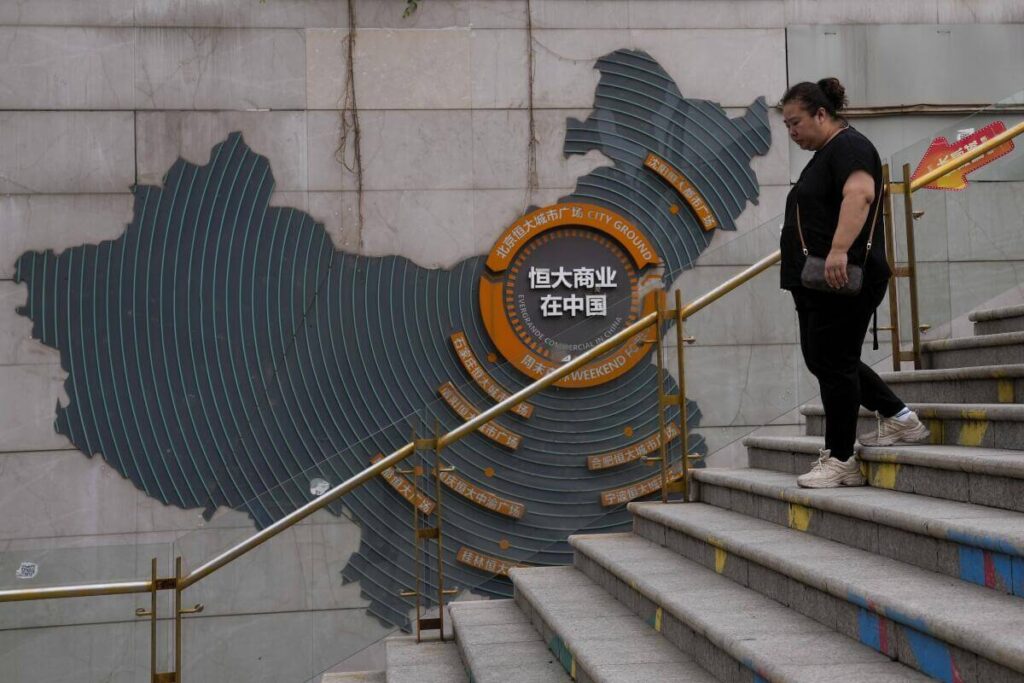In a bid to address the prolonged debt crisis in its real estate industry, China has introduced new regulations aimed at expanding access to commercial bank loans for property developers. These measures, announced by the People’s Bank of China, the National Financial Regulatory Administration, and the Finance Ministry, allow real estate companies to utilize bank loans secured against commercial properties, such as offices and shopping malls, to repay existing loans and bonds and cover operational expenses.

As part of broader efforts to stabilize financial markets and stimulate the economy, Beijing has undertaken various initiatives this week, including cutting required bank reserves. The recent surge in measures and statements from senior Communist Party officials underscores a renewed determination to rejuvenate economic growth in the world’s second-largest economy.
The real estate sector in China has faced challenges, with numerous developers defaulting on debts following government crackdowns on excessive borrowing. Notably, China Evergrande, the largest among them, is grappling with over $300 billion in debts, and a Hong Kong court is set to review its restructuring plans next week.
However, the newly introduced policies do not signify a complete reversal of efforts to control risks in the property industry. The regulations stipulate that bank loans obtained through commercial properties cannot be used for acquiring commercial or rental housing, initiating new construction, or purchasing land. Loans are capped at 70% of the appraised value of the collateral property, generally with a maximum duration of 10 years and an absolute limit of 15 years. Additionally, banks are instructed to conduct thorough due diligence before and after issuing loans to minimize risks.
The impact of these regulations on the broader property market crisis remains uncertain. Local governments, heavily reliant on land sales for revenue, are already grappling with mounting debts. Simultaneously, the stagnation in new home construction has affected contractors, suppliers of construction materials, and home furnishing businesses.
UBS economists noted in a research report that the pace and potential size of such loans remain uncertain, emphasizing that banks are likely to assess the commercial viability and risks associated with them. Nevertheless, the economists acknowledged that these measures represent a “significant step” to enhance support for property developers.
Sales of new homes and declining home prices have discouraged consumer spending, given that Chinese families often have a substantial portion of their wealth tied to property. The real estate industry contributes approximately a quarter of business activity in China. The UBS report concluded that for developer financing to see sustained improvement, property sales need to cease falling and show signs of recovery, potentially requiring further policy efforts to stabilize the property market.









